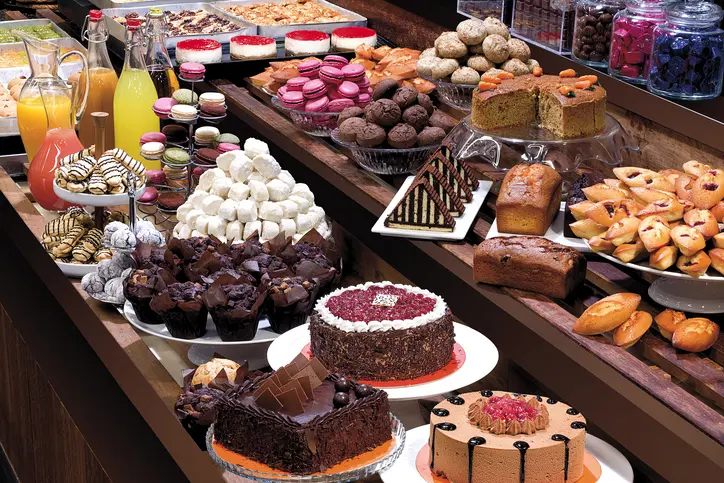1975: Francis Ford Coppola, fresh off the wild success of The Godfather, Part II, picks up an abandoned script from friend and fellow director John Milius. After securing funding from United Artists, the film is budgeted at $12 million and Coppola throws himself into pre-production.
1977: As shooting is underway and Coppola’s vision expands, the film’s budget balloons to $31.5 million. Coppola takes another two years to edit the raw film, estimated to stretch over a million feet.
1979: The finished film, titled Apocalypse Now, releases to immediate acclaim and a Palme d’Or at the Cannes Film Festival. To this day, it is widely considered one of the greatest American films ever made and a definitive statement on the Vietnam era.
In 1977, many thought the money being spent on the movie wasn’t worth it. Yet today Apocalypse Now‘s budget is little more than a neat trivia item. Why?
Because Coppola made sure the money worked. His budget was spent on the right things in the right way, and the result was a masterpiece. While you might not be shooting in the Philippines, you can still follow Coppola’s philosophy in spending on your seminar events. Don’t be afraid to spend more than normal — so long as you’re spending in the right places.
Make an Investment in Your Seminar
Now, your seminar budget hopefully doesn’t run in the dozens of millions. But you shouldn’t fixate on that number alone. More important is your close ratio. What are you currently spending on seminars, and how is your close ratio as a result?
Consider the following: you’ve booked a seminar event at your usual steakhouse, running you $6,000. Food’s all right, service is nothing special, and your audience is minimally engaged. Nothing pans out for the evening and you’re now out six grand.

You could have spent more on a better venue — one where you get your own room, two dedicated servers for the entire evening, and an exciting atmosphere that gets 10 first appointments, half of which you close. Even if you spent $10,000 on this room, you’ve done 500% more business than the cheaper option. Long-term, that investment pays off, and because you knew where to spend, you’ll know where your profit is too.
Don’t Break the Bank on a Broken Event
Conversely, throwing good money after bad is a good way to wind up with no money at all. A good event is based on the idea and execution, not throwing fistfuls of cash at a complicated execution.
One advisor booked a big charter boat trip for a bunch of their clients. A 5 a.m. start and choppy seas made for a flop. While the advisor did open up their wallet for this event, they didn’t consider what they were spending on – only that it was a “big event.”
The same advisor later booked a smaller scale, bring-a-friend dinner party that only cost $1,500. While the event wasn’t a seminar, it was a big hit among their clients and their clients’ friends, which led to a boost in referrals.
In this case, spending wisely paid off more than spending big. But when you know where your money is going and how effectively it’s being used, your next event can make your clients — and Coppola — proud.